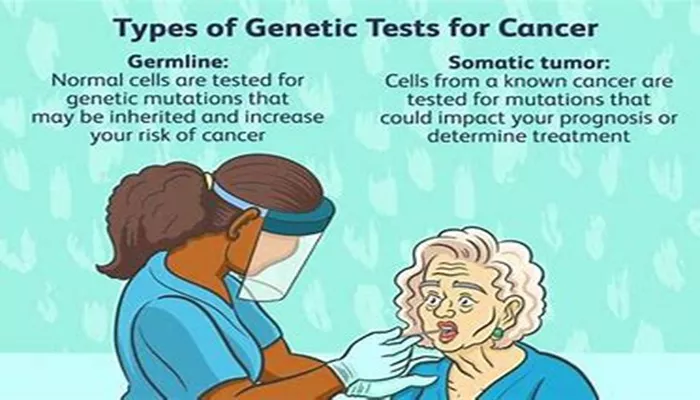A growing number of women are being denied Medicare coverage for genetic tests that could reveal their risk of hereditary cancers, forcing many to choose between paying out of pocket or going without critical health information. Recent data shows rejection rates for these tests have climbed sharply, with nearly one-third of claims now denied—up from just 20% a few years ago.
Genetic testing helps identify mutations in genes like BRCA1 and BRCA2, which significantly increase the chances of developing breast, ovarian, and other cancers. Women with a family history of these cancers are often advised to get tested, as early detection can lead to life-saving interventions, including preventive surgeries or enhanced screening. But Medicare frequently refuses to cover the cost, arguing the tests are unnecessary for patients who haven’t already been diagnosed with cancer.
The financial burden can be overwhelming. Without insurance, genetic testing can cost anywhere from a few hundred to several thousand dollars—a price many older women on fixed incomes simply can’t afford. Doctors say this creates a dangerous gap in care, as those at highest risk may miss the chance to take preventive action before cancer develops.
Patient advocates and medical professionals are urging Medicare to update its policies, saying the current rules don’t reflect the latest advancements in genetic science. In the meantime, women who receive a denial are encouraged to appeal the decision with their physician’s support or explore financial assistance programs offered by testing companies.
Health experts warn that continued high denial rates could lead to more undetected cancers, ultimately increasing long-term healthcare costs. For now, many women are left navigating an uncertain system, hoping for policy changes that could make these vital tests accessible to all who need them.
Related topics:
- Medical Debt Pushing Women to Skip Vital Mental Health Care, Experts Warn
- Clean Water and Sanitation Key to Stopping Cholera Outbreaks, Study Finds
- Scientists Discover New Cancer Detection Method: Tracking How Cells Move Could Save Lives

